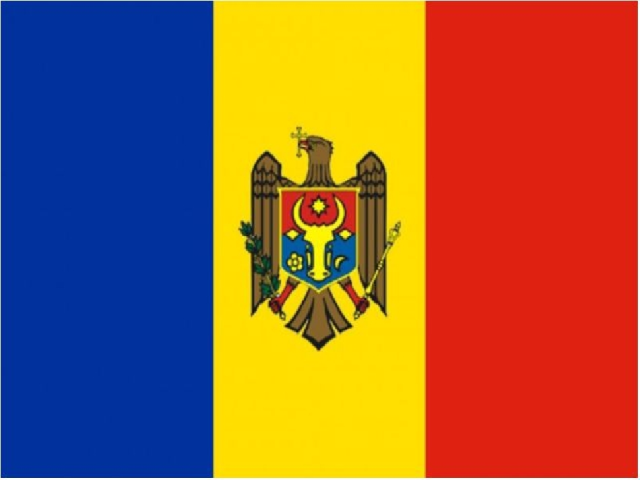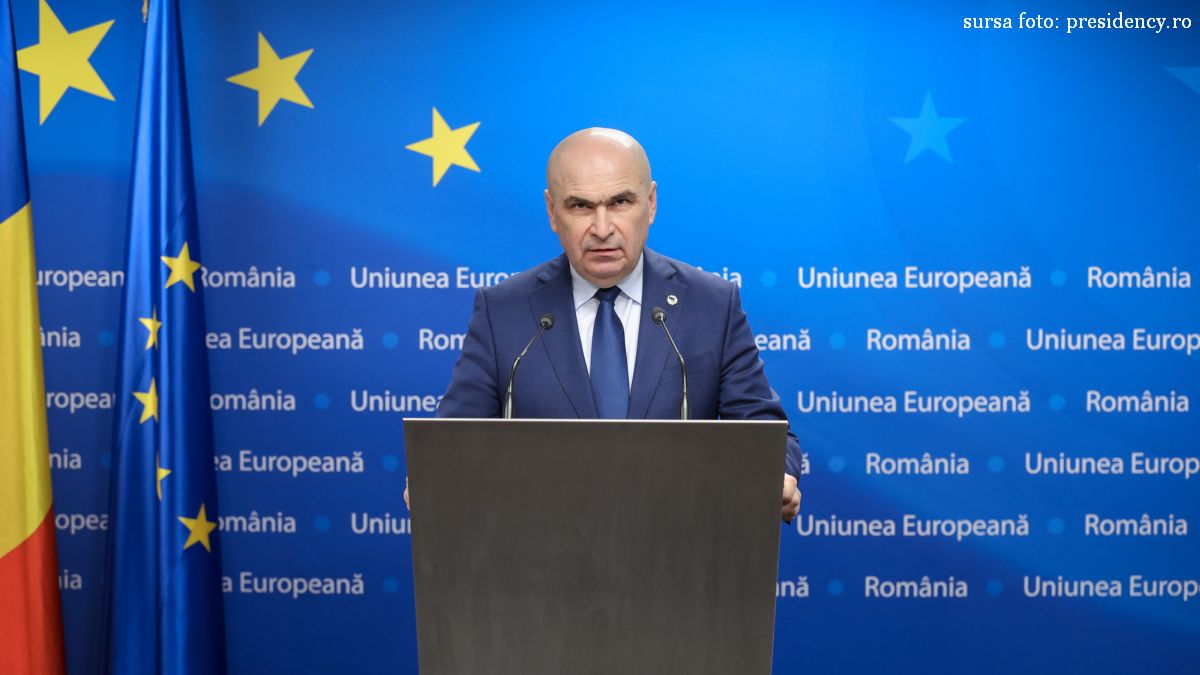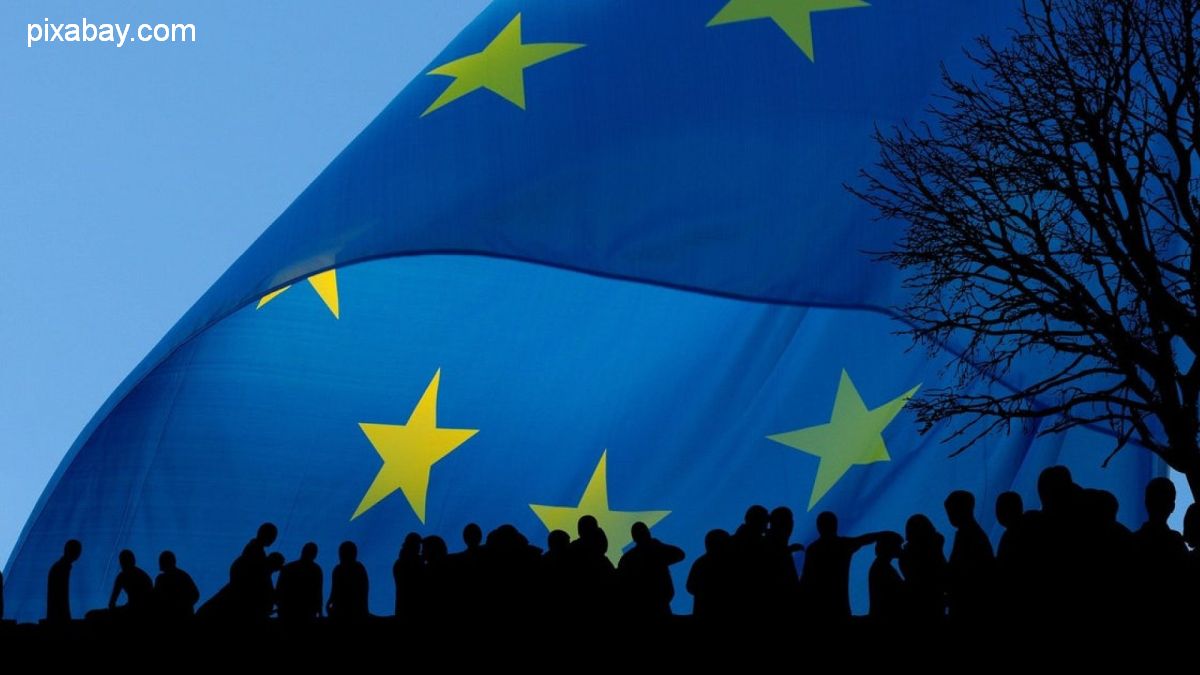The Republic of Moldova, 27 years since it gained its independence
27 years on, since it proclaimed its independence, the Republic of Moldova is not going through the most fruitful period of its fragile statehood

Ştefan Stoica, 27.08.2018, 13:20
27 August 1991: a new state emerged on the map of Europe, the Republic of Moldova, set up on a large part of the eastern Romanian territories annexed by Soviet Russia in 1940. Romania, which was still recovering after a long communist period, was the first country to recognise the new republic. 27 years later, Romania, an EU and NATO member state is the most fervent supporter of the European integration aspirations nurtured by the small neighbouring state, with a predominantly Romanian speaking population.
Romania pledges to further support Moldova while our country will hold the rotating presidency of the EU Council, in the first half of 2019. The almost three decades that have elapsed since Moldova proclaimed its independence haven’t brought prosperity and social peace to the small republic. In 1992, Transdniester, backed by Moscow, took out from under Chishinau’s control, following an armed conflict which left hundreds of dead. The status of the eastern regions has not been regulated yet. Deep economic crises impacted the Republic of Moldova, “consolidating” its position of the poorest European state and causing a massive migration of its citizens. Internal turmoil and wide scale protest rallies have produced changes at the top of the political class and the administration.
After declaring in 2009 that its rapprochement to the EU is the major objective of its foreign policy, the Republic of Moldova got a series of notable successes, the main one being the wavering of the visa regime and signing the free trade agreement with the EU member states.
Moldova’s relations with Brussels have soured however after over 1 billion USD vanished from the country’s banking system, in 2014, the reforms, including the mandatory ones in the field of justice, were brought to a halt. Furthermore, a pro-Russian president was elected in 2016. Chishinau’s western partners expressed concern over Moldova’s relinquishing the old electoral model, based on party tickets and its embracing the mixed voting system. Their discontent reached the highest level after the cancellation, for debatable grounds, of mayoral elections for the capital city, Chishinau, which had been won by the leader of the pro-European Justice and Truth platform, Andrei Năstase.
Poor performance in building the rule of law, democracy and a healthy economy is further weakening the small eastern state and is fuelling fears over its future. This is what supporters of the pro-European opposition are well aware of. Thousands of them on Sunday took part in a protest rally before the Government’s headquarters in Chishinau, organised by the National Resistance Movement ACUM, set up after the mayoral elections for Chishinau were cancelled.
The participants denounced high-level corruption and called for the resignation of the Filip cabinet, which is held responsible for the citizens’ deteriorating living conditions and for Moldova’s isolation at European level. “Many young people have been driven away from home. And we remain fewer. We cannot accept to further be lied to by this corrupt regime, to be plundered by this authoritarian regime, we can no longer educate our children while earning salaries under the poverty line, we can no longer let them humiliate us any longer”, said Maia Sandu, the leader of the Action and Solidarity Party.






























